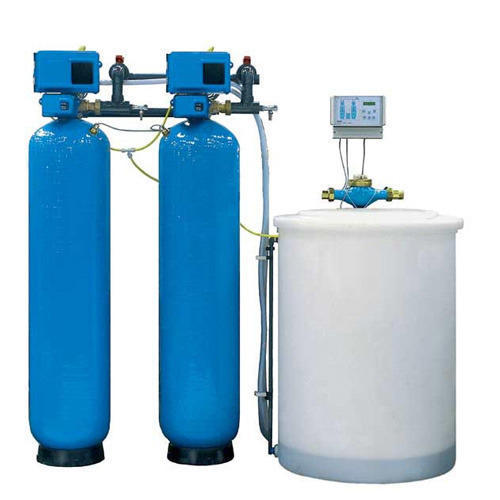Wiring a water vessel can be a challenging process. However, if you have the right tools, materials, equipment and fundamental knowledge of electricity and circuits, it may not be too hard. When you work with electricity, safety is very important. Here are 5 tips on safety you might find helpful.
1. When it comes to Wiring, Size Matters
It is vital to understand issues like conductor ampacity. For example, there is a big difference between number 14 and number 10 AWG marine primary wire. Make sure you know the amps of every circuit you wire, and never undersize. If you are not sure, go up to the next size, just to be safe.
2. Don’t Go Cheap with Your Wire
Whether you need number 14 or 10 AWG marine primary wire, choose quality over low price. For example, to be sure your wiring is resistant to moisture, gasoline, oil, and abrasion, you must buy marine grade wire. It should be UL and USCG approved. In addition, the conductor material should be tinned copper for maximum wear and corrosion resistance. Tinned copper is coated to resist normal copper corrosion from a salt-water environment. Also don’t forget to choose a reputable supplier for your marine wire.
3. Opt for Stranded Conductors
Whatever your marine wiring project, you will have a much easier time running wires when you use stranded conductors. They are much more flexible than solid conductor wire. Plus, the bigger the conductor, the stiffer it is. Anything over 10 AWG marine primary wire can be almost impossible to work with if you choose single conductor wire.
4. Always Follow the Color Code
Make sure all your DC circuits follow this specific code for wiring:
-
Red – positive conductor
-
Yellow or black – negative conductor
-
Green – grounding conductor (can also have a yellow stripe)
-
Make sure to refer to an authorized color code chart for wiring ignition, starter, navigation and special equipment.
5. Never By-pass or Oversize Circuit Protection
Whether you have fuses or breakers, never attempt to work around their purpose. For example, if a fuse blows do not wire around it. A blown fuse means there is a problem on the circuit. If you override it, you risk the chance of fire or explosion.
If a breaker keeps tripping, do not install a breaker with a higher rating. Your wiring is designed to carry a specific amount of current for each circuit and a tripped breaker means you need to correct the problem causing the overload. Otherwise you could be creating a serious safety hazard.






